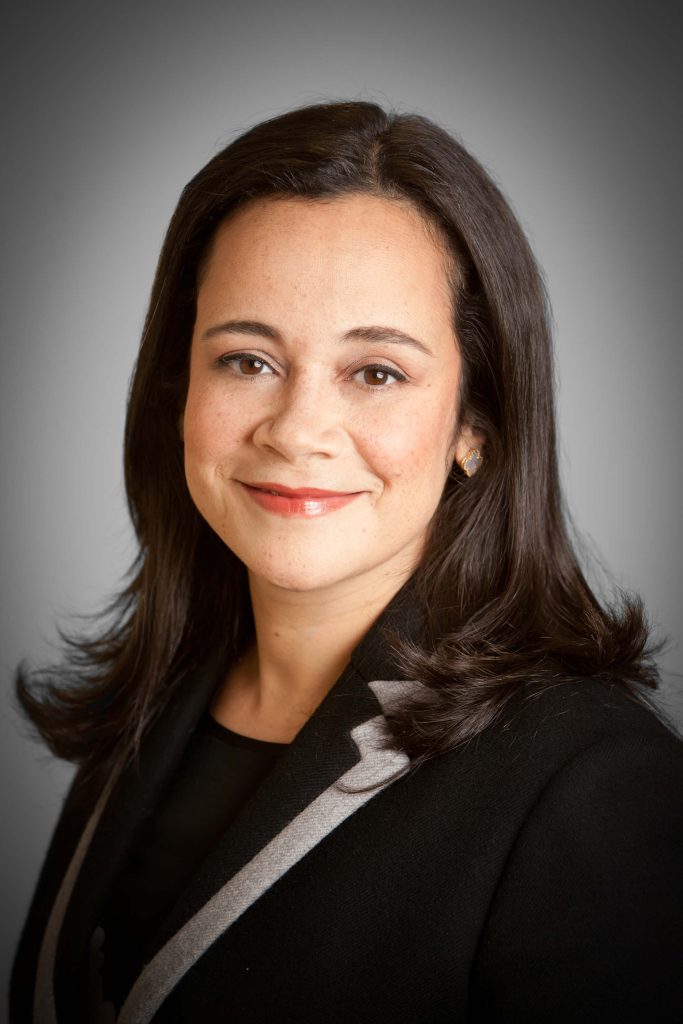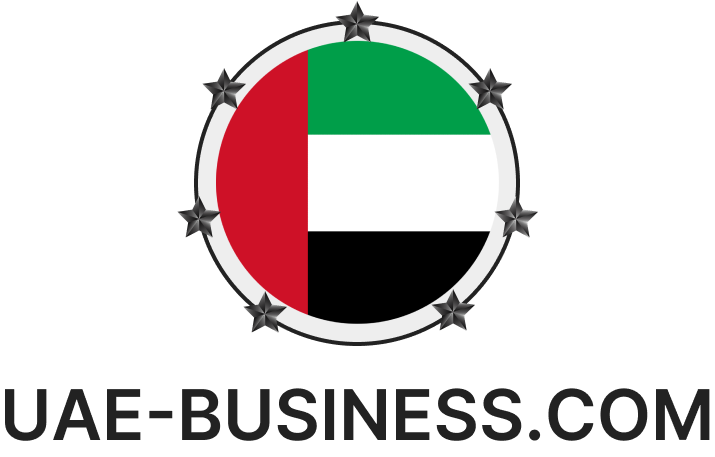Arbitration as a Key Tool for Businesses in the MENA Region

By Samaa A. Haridi,
Vice President (Egypt and USA) of the ICC International Court of Arbitration and a Partner at law firm King & Spalding.
International arbitration has become a key tool for conducting business in the Middle East and North Africa (MENA) region, especially now that an increasing number of MENA businesses cross regional and international borders. The reasons behind this trend range from the need for neutral and efficient dispute resolution mechanisms, to the growing recognition of the benefits of international arbitration by governments and businesses alike, and the desire to protect investments.
International arbitration offers a neutral forum for resolving disputes, which provides a level of comfort and security for businesses that operate across borders, as they can rely on a neutral and independent third party to resolve any disputes that may arise in an efficient and usually cost-effective manner.
Moreover, with increased global operations, businesses are always searching for mechanisms in place to protect their investments and ensure that they can continue to operate even in challenging circumstances. International arbitration provides a means of dispute resolution that is not tied to the local legal system, which can be subject to political, economic or other forms of instability. This allows businesses to safeguard their investments and ensure continuity.
The ICC International Court of Arbitration, which is celebrating its 100th anniversary, has played a significant role in the development of arbitration in the MENA region over the past century. The ICC Court opened a case management office in Abu Dhabi in 2021, which handles regional work coming from all MENA countries, especially the increased flow of work expected from Saudi Arabia’s development plans under Vision 2030. As one of the world’s leading arbitral institutions, the ICC has established a strong presence in the MENA region and has been actively involved in promoting arbitration as a key tool for resolving commercial disputes.
The ICC has seen its greatest growth in the MENA region, in terms of ICC cases filed. Indeed within the last 10 years the number of parties coming to the ICC Court has tripled, with UAE, Qatar and Saudi Arabia nationals being most frequently listed. The nature of these cases mirrors the profile of the regional economy with some 70% of the regional docket relating to disputes arising from infrastructure and/or energy projects.
Together with the ICC, regional arbitral institutions (such as the CRCICA in Egypt, the DIAC in the United Arab Emirates, and the SCCA in Saudi Arabia) have contributed to the development of arbitration in the MENA region by engaging with local stakeholders and promoting the benefits of arbitration to businesses and governments. All of these institutions have created various guidelines and tools promoting best practices in arbitral procedure, providing training and education programs to practitioners, and engaging with local stakeholders to build support for the use of arbitration and assist parties and arbitrators in navigating complex procedural issues and in resolving disputes effectively. These efforts have contributed to raising awareness of arbitration and building support for its use as a key tool for conducting business in the region.
Historically, enforcement of arbitral awards in the MENA region has been a challenging issue, as some countries in the region have been hesitant to enforce foreign arbitral awards due to considerations of public policy, among other reasons. However, in recent years, there has been a trend towards greater recognition and enforcement of arbitral awards in the MENA region.
One significant development in this regard is the increasing number of countries in the region that have acceded to the New York Convention on the Recognition and Enforcement of Foreign Arbitral Awards (such as by Iraq in 2021). The New York Convention is a multilateral treaty that provides a framework for the recognition and enforcement of arbitral awards across borders.
In addition, in recent years, several MENA countries, including the United Arab Emirates and Saudi Arabia, have taken steps to establish themselves as arbitration-friendly jurisdictions, by enacting laws and establishing specialized courts to handle arbitration-related disputes. For example, the Dubai International Financial Centre (DIFC) Courts in the United Arab Emirates have established a dedicated arbitration division to handle arbitration-related disputes, including the enforcement of arbitral awards. This has increased confidence among businesses in the enforceability of arbitral awards.
All these developments have helped create a more arbitration-friendly environment in the MENA region and have increased confidence among businesses in the effectiveness of arbitration as a tool for dispute resolution, and the enforceability of arbitral awards.
